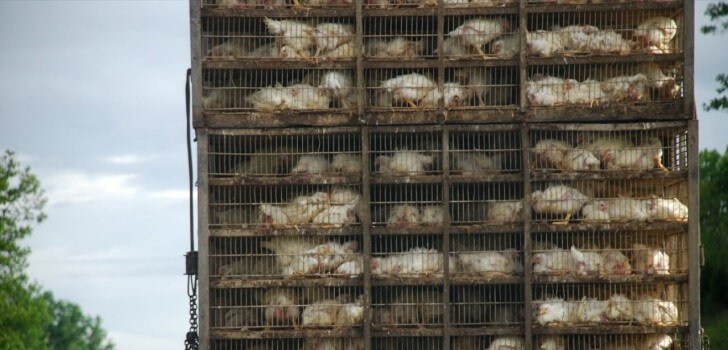Bacteria carrying a gene resistant to all available antibiotics has been found in China and Denmark. The bacteria has even made a mockery of polymyxins, the antibiotic of last resort for certain kinds of infections
The discovery means that gram-negative bacteria, which causes urinary, blood and gut infections in humans, can now become “pan-resistant”. Meaning that it can withstand all known commercially available antibiotics.
Some infections will become incurable until new kinds of antibiotics are made available.
The gene has not yet been found in North America, says Lance Price of George Washington University in Washington DC, but researchers at the Centers for Disease Control and Prevention in Atlanta, Georgia, are urgently checking genetic databases.
Colistin, the most common polymyxin, is a last-resort treatment for the E. coli and Klebsiella bacteria that resist all other available antibiotics.
Last month, Yi-Yun Liu from the South China Agricultural University in Guangzhou discovered a gene resistant to colistin in infected humans, livestock, and meat. At the time, he said if the bacteria was not contained it could spread globally.
After his announcement, Danish Technical University’s Frank Aarestrup immediately began a search for bacteria’s sequence in a Danish database of bacterial DNA taken from animals, people and food. He now says he found the bacteria gene in one person who had a blood infection earlier this year, and in five bacterial samples from meat and poultry imported from Germany. All of the bacteria also carried genes which are resistant to other antibiotics, including penicillin and cephalosporins.
He says the poultry could have been raised outside Germany as he has not been able to find its origins.
The genes found in Denmark and China are the same, suggesting they have traveled, rather than independently developing in each place. The most likely explanation is they that came originally in farm animals fed colistin as an antibiotic growth stimulator.
In 2012, the World Health Organization called colistin critically important for human health, and called for its use in animals to be limited to avoid promoting resistance. In 2013, the European Medicines Agency reported polymyxins were the fifth most heavily used type of antibiotic in European livestock.
Stay Connected